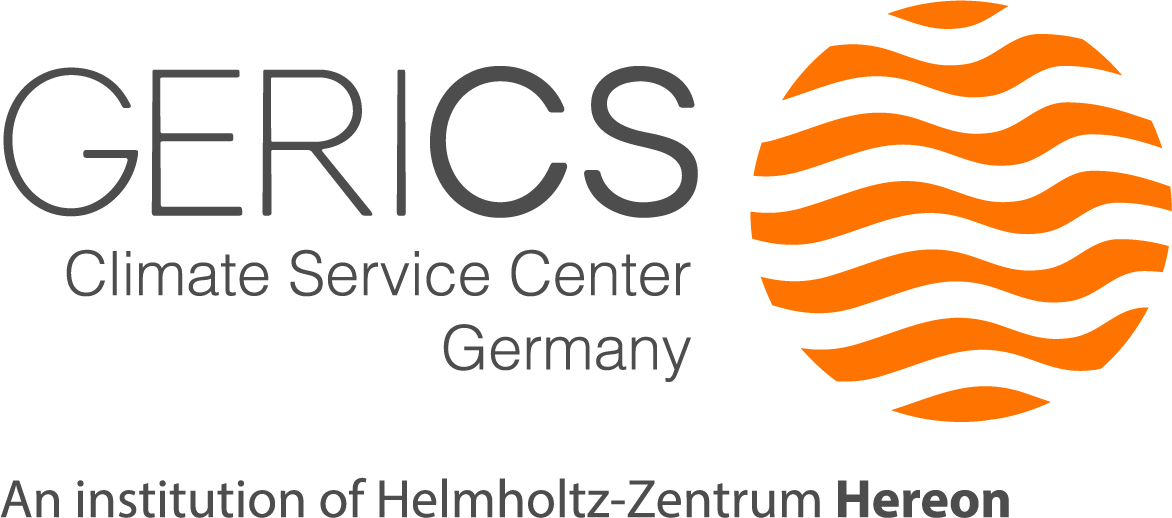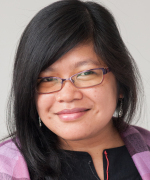Dr. Armelle Reca C. Remedio has a background in Physics with Computer Engineering. She earned her bachelor’s degree at Ateneo de Manila University, Philippines, and worked as a scientific researcher using regional climate models at the Manila Observatory, Philippines. Her passion for analyzing regional climate systems through models fueled her desire for further studies, leading her to obtain a diploma in Earth System Physics at the Abdus Salam International Center for Theoretical Physics, Italy. She completed her PhD dissertation on the connections between climate dynamics and extreme events using the regional climate model REMO at the International Max Planck Research School on Earth System Modelling and the University of Hamburg, Germany.
Armelle previously worked at the Max Planck Institute for Meteorology in Hamburg in 2008 before joining GERICS in 2013. Since moving to Germany, she has worked on various EU projects, including CLARIS-LPB, PEGASOS, and HighEnd:Extremes. She is also actively contributing to the WCRP CORDEX initiative, performing simulations and multi-model and multi-domain analyses in the CORDEX-CORE Experiments.
After her parental leave, she served as a Scientific Coordinator in the now-defunct WCRP Coordination Office for Regional Activities (CORA). Her current projects focus on the risk workflow for compounding and cascading hazards in coastal areas (CASCO) and the BMBF-funded project SASSCAL 2.0: TIPping Points Explained by Climate Change (TIPPECC).
Armelle firmly believes that the challenge of adapting to and mitigating the impacts of global climate change can be addressed with holistic local solutions. She advocates for building the scientific capacity of young scientists, especially from the Global South. In this spirit, Armelle has co-supervised several master’s and PhD students and has helped organize opportunities for guest scientists, particularly through the Humboldt Foundation.
Detailed CV of Armelle Remedio (564 KB)

- GERICS Homepage
- >
- About us
- >
- Team
